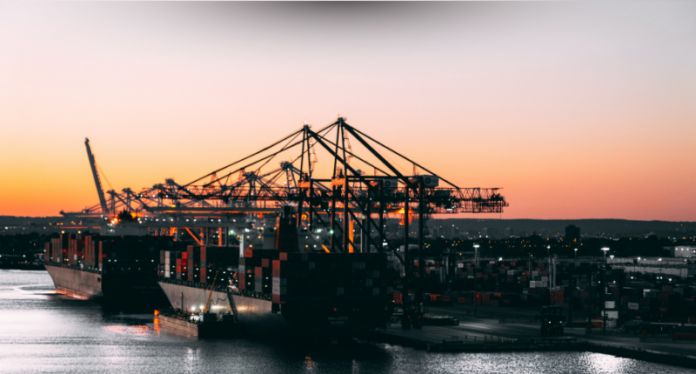Advisers to Pakistan’s army chief, Asim Munir, have approached U.S. officials with a proposal to develop and operate a port at Pasni on the Arabian Sea, potentially giving Washington strategic access to one of South Asia’s most sensitive regions, the Financial Times claimed.
The plan, reviewed by the Financial Times, envisions U.S. investors transforming Pasni, a seaside fishing town, into a terminal for transporting critical minerals from Pakistan’s interior, including copper and antimony.
Pasni is located approximately 100 miles from Iran and 70 miles from Gwadar, a port backed by China.
The move comes after Pakistan’s Prime Minister Shehbaz Sharif and Field Marshal Asim Munir held a meeting with U.S. President Donald Trump at the White House in September. In that meeting, PM Sharif sought investment from U.S. companies in the agriculture, technology, mining, and energy sectors for investment.
According to the FT, though not official government policy, the proposal was shared with General Munir ahead of his meeting with former U.S. President Donald Trump last month. U.S. officials, however, have said the topic was not discussed during the White House meeting.
The blueprint outlines a $1.2 billion project financed through a combination of Pakistani federal resources and U.S.-backed development funds. The port would be linked by a new railway transporting minerals from mines, including the Reko Diq copper and gold project developed by Canada’s Barrick Mining.
Advisers emphasised the port would exclude “direct basing,” meaning it would not function as a U.S. military installation.
The proposal is part of a broader strategy by Pakistan to leverage geopolitical shifts in South Asia, diversify from China, and expand economic and strategic partnerships with the U.S., Iran, and Saudi Arabia. “Pasni’s proximity to Iran and Central Asia enhances U.S. options for trade and security and would counterbalance Gwadar while expanding influence in the Arabian Sea,” according to the blueprint.
The plan also aligns with early U.S. interest in Pakistan’s minerals sector. In September, Missouri-based U.S. Strategic Metals (USSM) signed a memorandum of understanding with Pakistan’s military engineering arm to explore collaboration, including refining facilities near Karachi and Gwadar.
According to FT, Pakistan shipped a first consignment of critical minerals, including copper, antimony, and neodymium, to the U.S. last month.
Mike Hollomon, USSM commercial director, said the company aspired to set up a refinery and last month met directors of Pakistan’s two major ports at and near Karachi, as well as a representative from Gwadar during a visit to the South Asian country.
Hollomon added that USSM had heard talk of a possible port project near Pasni. The town had a natural deep-water port and could be linked by rail to Reko Diq, a copper and gold mine being developed by Canada’s Barrick Mining, so it made “a lot of sense” to set up a facility in the area, he said.
Pakistan’s mineral sector currently contributes about 3% of GDP, but experts say the country has vast untapped resources, particularly in western provinces affected by insurgencies.
Hussain Abidi, chair of the Pakistan Council of Scientific and Industrial Research, described the initiative as “a reset with America through economic ties rather than just traditional security ties.”
The Pasni port proposal is seen as a strategic hedge, allowing Pakistan to balance relations with China while attracting investment and bolstering its position in the global mineral and maritime landscape.




